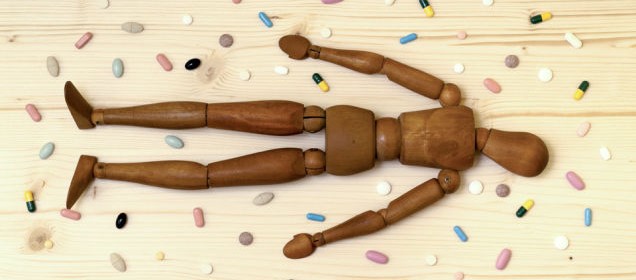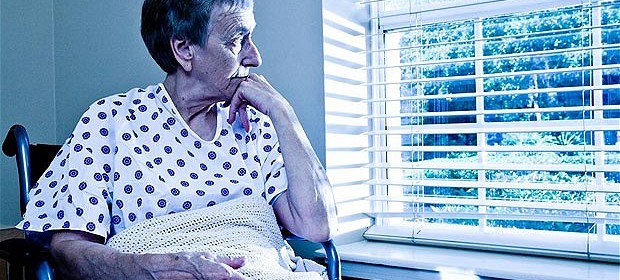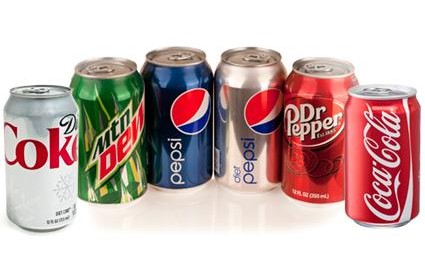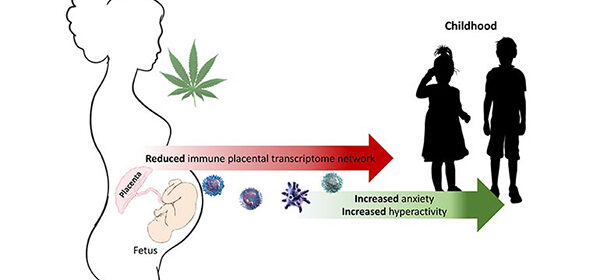Popping so many pills is killing us

What will it take for France to get serious about regulating prescription drugs? asked Sauveur Boukris. We French love to take pills; we are the biggest consumers of medicines in Europe. French doctors “tend to prescribe far more heavily” than their foreign colleagues, dispensing four or five drugs to treat any given malady, while German or Dutch doctors prescribe two […]
Read more








